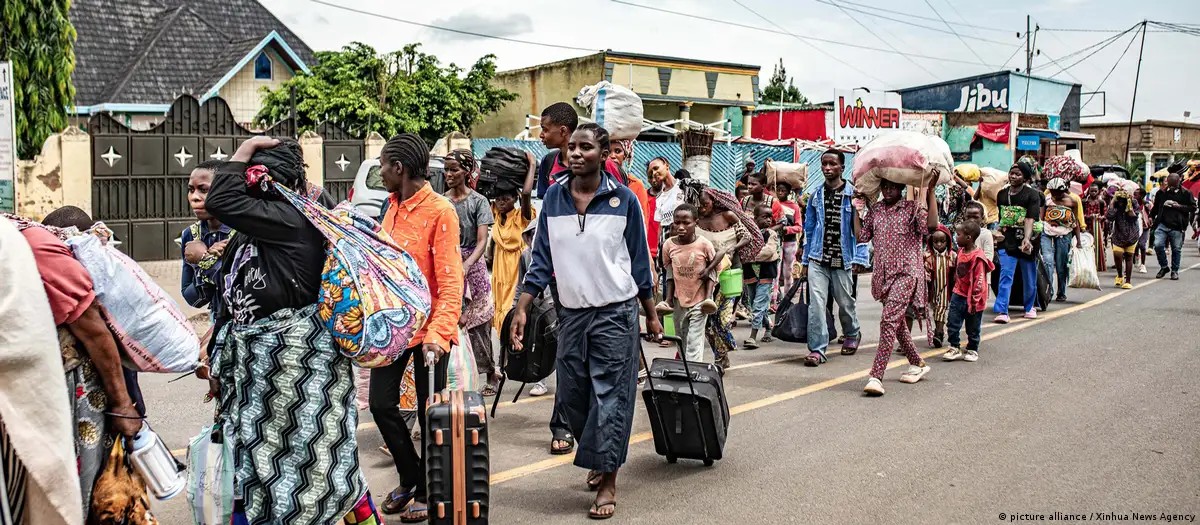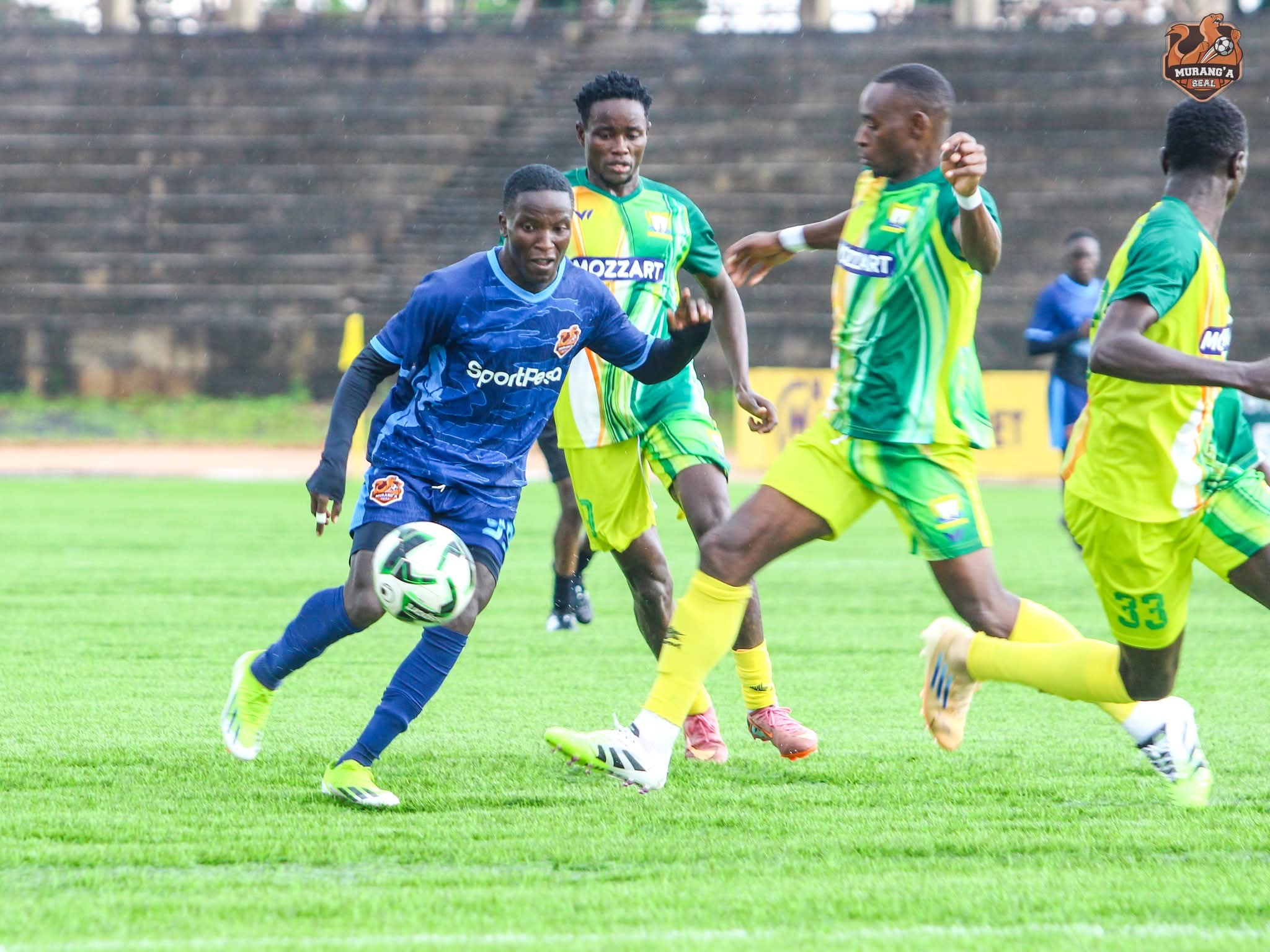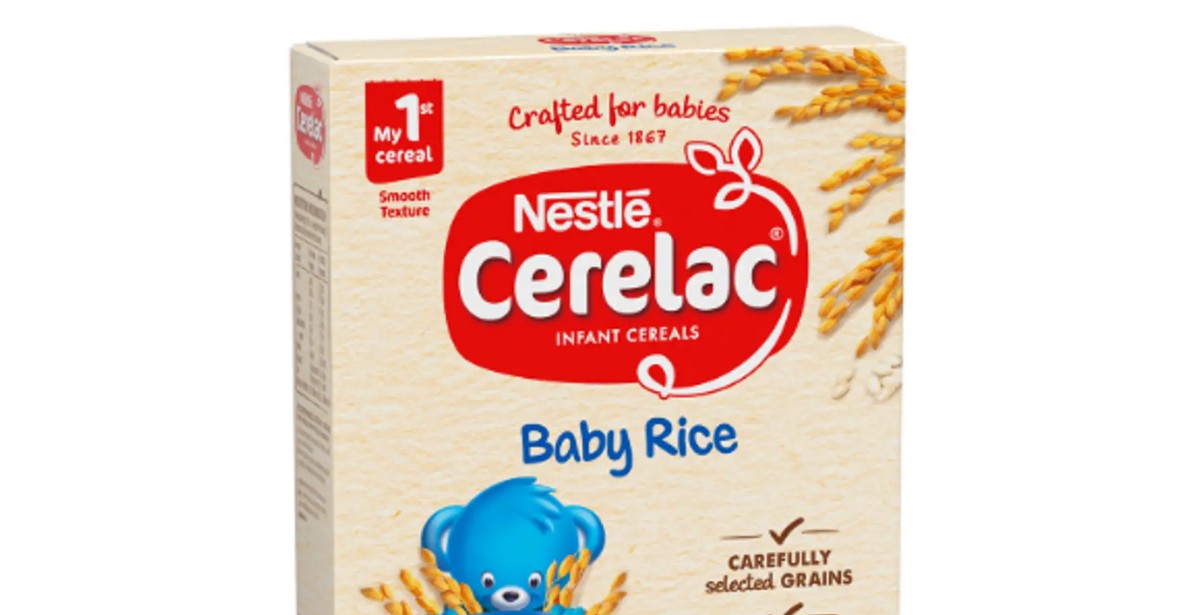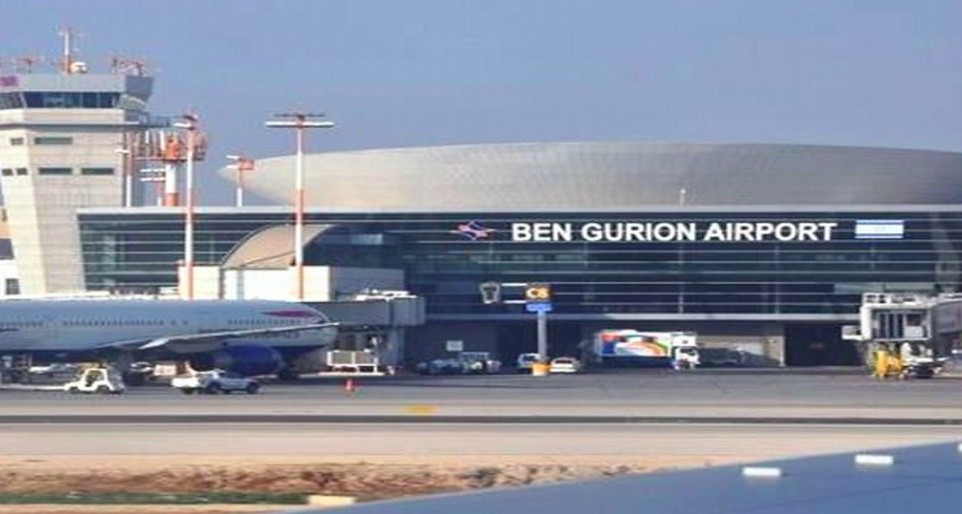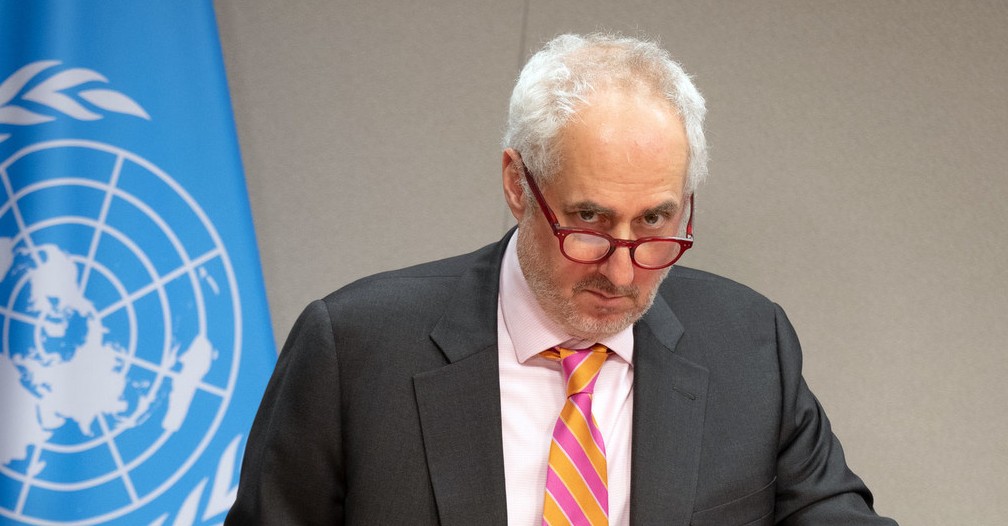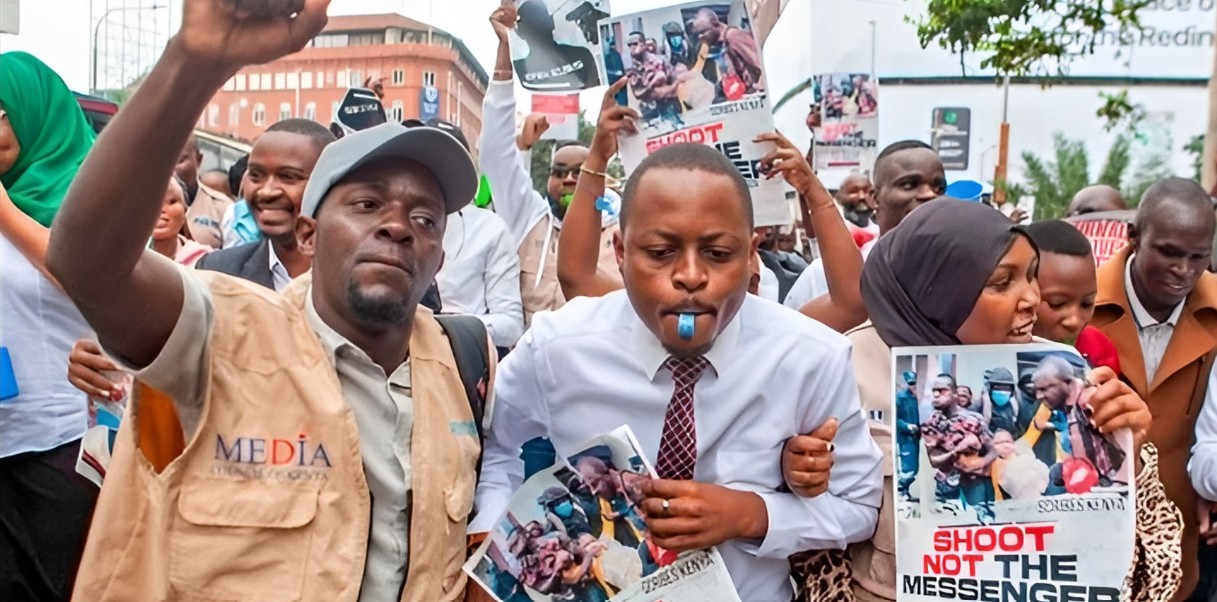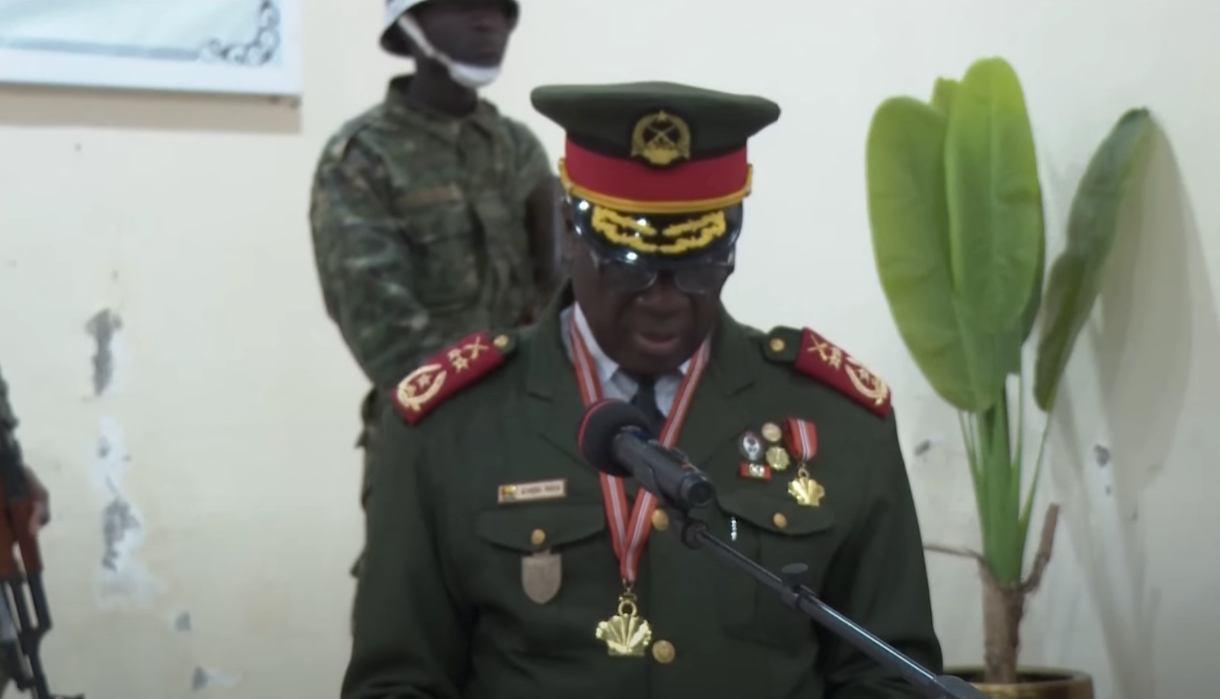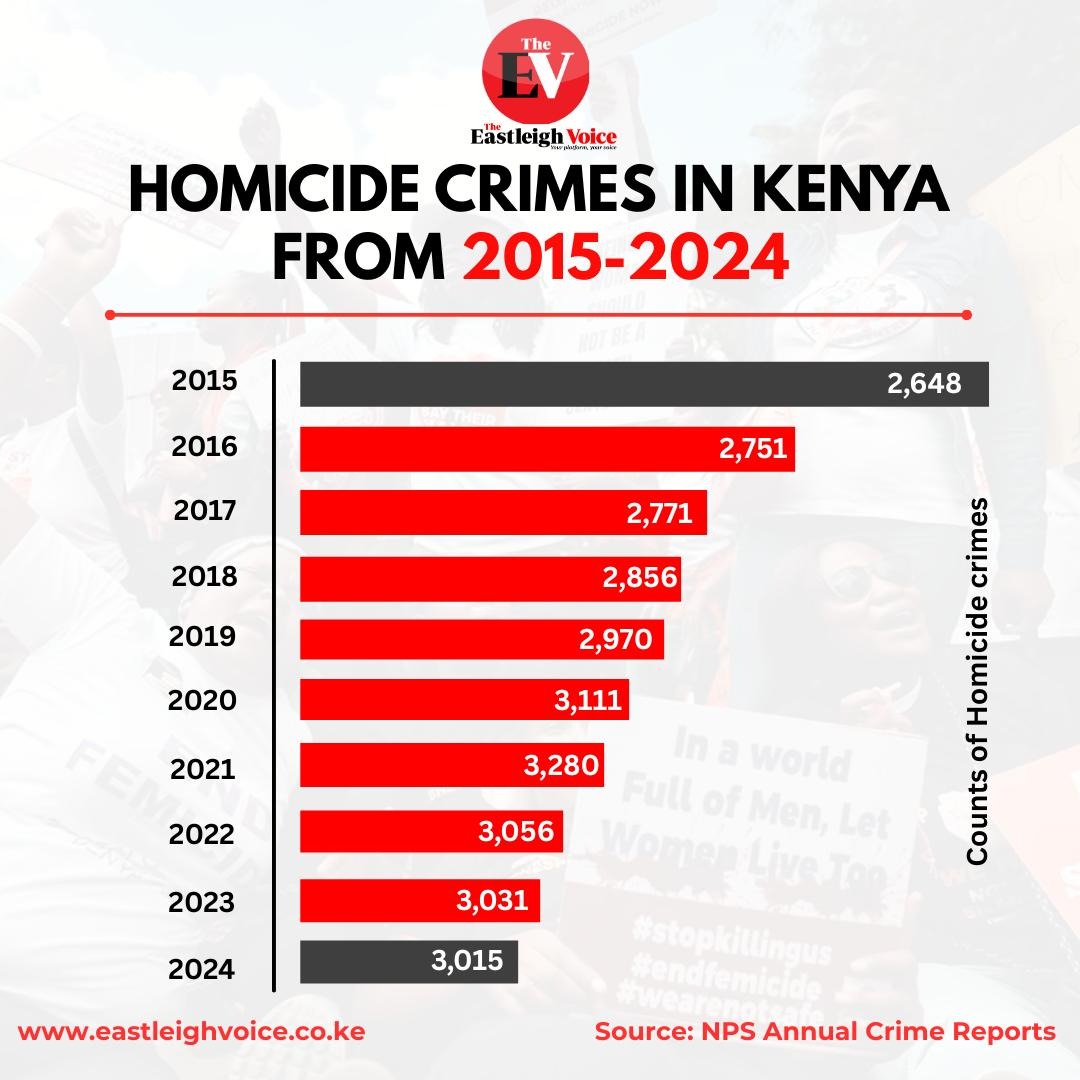Rewriting blood donation story: How Mombasa nurse is saving lives through mobile app
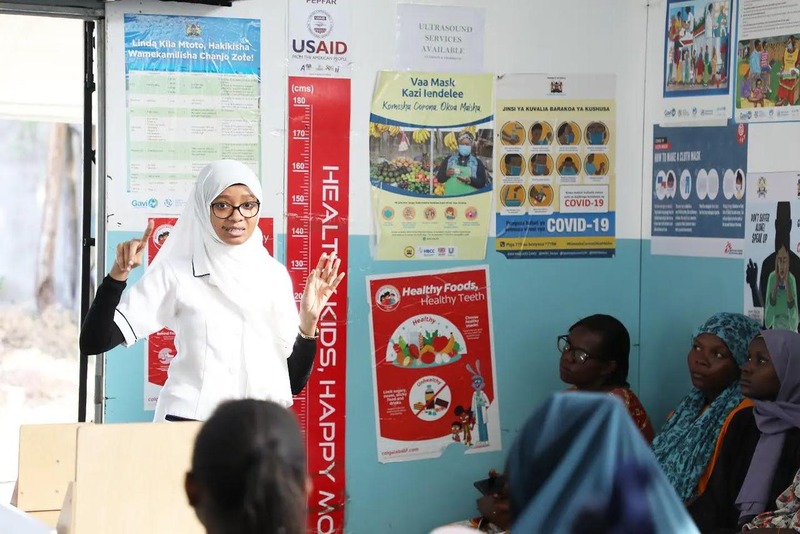
RedSplash began humbly, with informal donation drives with friends, social media appeals, and borrowed hospital spaces. But what started as a grief-driven reaction has grown into a structured, tech-led movement.
In a country where patients continue to die due to delayed or unavailable blood transfusions, one nurse is quietly changing that reality while armed with nothing more than her smartphone, a community of volunteers, and sheer determination.
Khadija Mohamed, 30, a nurse at Tudor Sub-County Hospital in Mombasa, is the founder of RedSplash, a mobile-based blood donation initiative that not only bridges the critical gap between donors and patients but also challenges long-standing myths, bureaucracy, and stigma within the blood donation ecosystem.
More To Read
- County issues new festive season rules for public events in Mombasa
- KeNHA set to ease holiday traffic with partial opening of Mombasa–Malindi highway
- Anger in Mombasa’s Mikindani as families rely on costly bowsers amid prolonged water crunch
- Mombasa sets January deadline for tuk-tuk operators' SACCO registration
- Man charged with schoolgirl’s murder shocks court, seeks plea deal
- Postpartum haemorrhage: How Kenya’s Roaming Blood Bank initiative is saving mothers' lives
“I’ve always had a deep passion for helping others since I was young. I knew there was no better profession than nursing, as nurses are known for their great compassion. Nursing allows me to touch lives every single day,” says Khadija.
Her initiative, born out of personal grief, has already helped save thousands of lives.
“A close friend of mine lost a loved one because blood wasn’t available in time for treatment. That moment made me realise the need for an organisation that could run regular blood drives and raise awareness on the importance of consistent blood donation,” she adds.
RedSplash began humbly, with informal donation drives with friends, social media appeals, and borrowed hospital spaces. But what started as a grief-driven reaction has grown into a structured, tech-led movement.
At its core is the RedSplash mobile app, a real-time platform that connects potential donors directly to patients in need. It uses a smart algorithm to identify the nearest, most compatible donors, tracks donation history, sends personalised reminders, and registers users for upcoming drives.
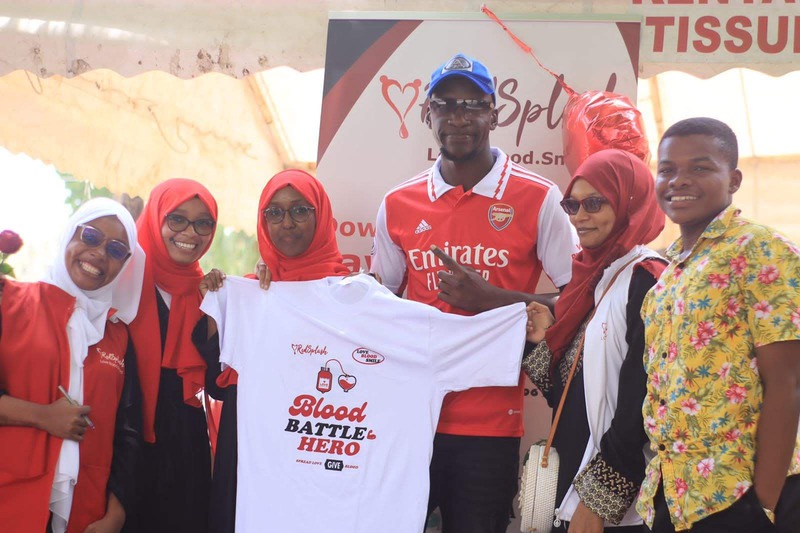 Khadija Mohamed, 30, a nurse at Tudor Sub-County Hospital in Mombasa, and her team. (Farhiya Hussein)
Khadija Mohamed, 30, a nurse at Tudor Sub-County Hospital in Mombasa, and her team. (Farhiya Hussein)
In a healthcare system plagued by frequent blood shortages, poor storage, and corruption, including the black market for blood, Khadija’s innovation is emerging as a credible, community-driven solution. The journey, however, has been far from smooth.
“Initially, people were sceptical. Some questioned how I would manage it alongside my nursing duties. Others didn’t believe our community would be open to regular donations. But once they saw the impact, the support started growing,” she says.
Working nights and weekends, Khadija channelled her time, salary, and energy into laying the foundation for RedSplash.
Her strategy stood out—transforming sterile blood donation exercises into lively, community-driven “blood festivals”, complete with music, storytelling, and youth-centred activities. These events normalised donation while humanising its impact.
“It started small, organising simple drives with friends and using social media to spread the word. Over time, we built partnerships with hospitals, schools, and organisations. We then formalised RedSplash to expand our reach and credibility,” she recalls.
To date, RedSplash has collected over 25,000 units of blood, translating into an estimated 75,000 lives saved. With each event, Khadija has built a robust network of volunteers, hospitals, and educational institutions that now support her vision.
“Consistency and partnerships have helped us grow. We collaborate with universities, churches, corporations, and community groups. Social media plays a huge role, too. Every unit of blood saves three lives, which keeps us all motivated,” she notes.
Still, major challenges persist. From confronting black-market blood brokers operating in hospital corridors to tackling institutional resistance to decentralised systems, Khadija’s mission often puts her at odds with the status quo.
“There’s a lot of misinformation about blood donation in some communities. Some believe it makes you weak or causes illness. I also had to overcome the stigma around female leadership in my community. The issue of blood brokers was another huge hurdle—it took community engagement, education, and support from local leaders to begin changing perceptions,” she says.
Her approach reframes blood donation not as a clinical necessity, but as an act of heroism. Through vibrant, inclusive events and storytelling, she shows young people the real-world impact of their contributions.
“When they hear real stories of people saved through donated blood, they want to be part of it,” she says.
Khadija’s work has drawn international attention. The BBC, Deutsche Welle, and the Commonwealth Secretariat have featured her story as a model for grassroots health innovation.
Most recently, she was named among the Top 10 global finalists for the 2025 Aster Guardians Global Nursing Award, recognising both her professional excellence and her impact on the community.
“I was elated—truly humbled. I immediately thought of my team, the volunteers, and the thousands of patients we’ve helped. This recognition is for all of them. It proves our work matters and has real impact,” she says.
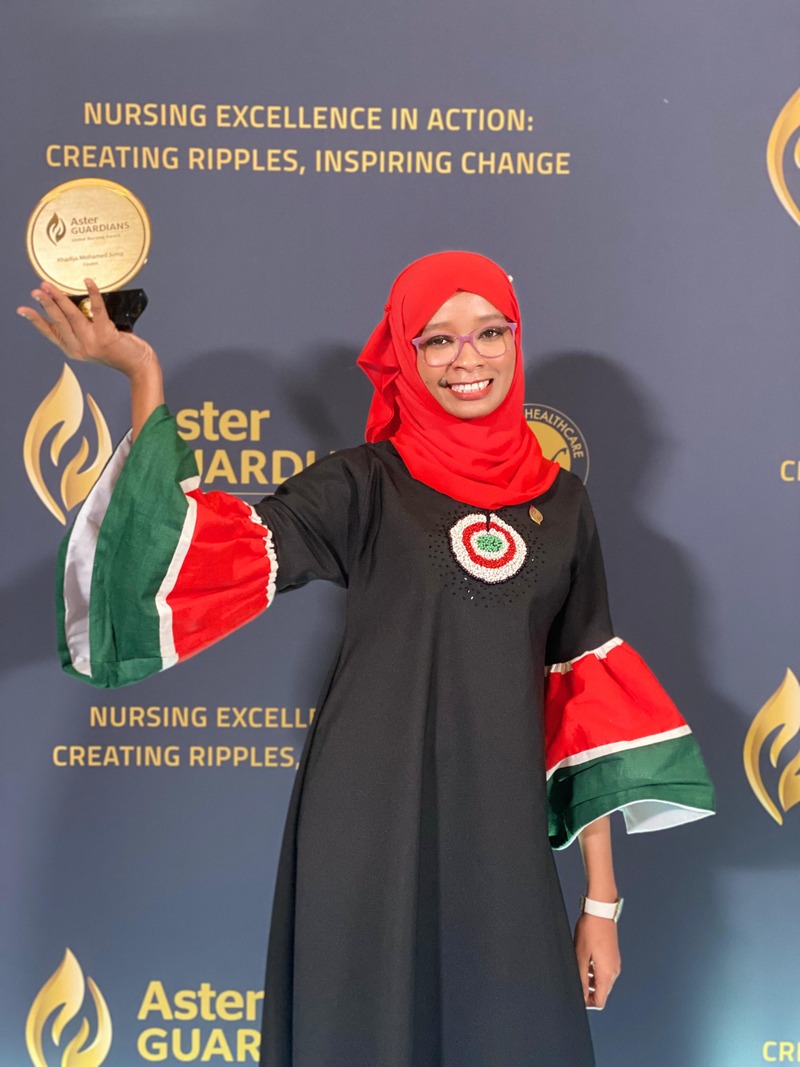 Khadija Mohamed was named among the Top 10 global finalists for the 2025 Aster Guardians Global Nursing Award, recognising both her professional excellence and her impact on the community. (Farhiya Hussein)
Khadija Mohamed was named among the Top 10 global finalists for the 2025 Aster Guardians Global Nursing Award, recognising both her professional excellence and her impact on the community. (Farhiya Hussein)
For Khadija, the award highlights Kenya’s place on the global map of healthcare innovation. “It shows the world that young Africans aren’t waiting for change—we are creating it.”
The recognition also increases responsibility “For RedSplash, it means we now have to grow further. I want to scale the initiative nationally and even across the region. I hope to secure more funding and partnerships to establish permanent donation centres, invest in technology, and build a lasting culture of blood donation,” she says.
Among the many lives RedSplash has touched, one moment stands out.
“There was a mother who had just given birth and suffered postpartum haemorrhage. Her blood type was rare, and we didn’t have it in stock. A call went out through our app, and within 30 minutes, volunteers turned up to donate. She received the transfusion and survived. We were so thankful.”
Despite her rising profile, Khadija remains committed to her primary calling—nursing. By day, she works at Tudor Sub-County Hospital. By night and on weekends, she coordinates donations, mobilises volunteers, and monitors patient outcomes across the country.
“It’s not easy, but I have an amazing team. At work, I give 100% to my patients. Outside work, I dedicate evenings and weekends to RedSplash. With a supportive team and good time management, it’s possible.”
The road has not been without sacrifice—sleepless nights, missed family events, and personal financial investment, including funding early drives from her salary.
But Khadija’s journey has not only inspired conversations about reform in Kenya’s health system—it has ignited hope among young women across the country and the continent. She never sought the spotlight. She simply responded to a crisis with courage.
Together with her team, she now hopes to scale RedSplash into a pan-African force. Her long-term vision includes mobile donation units, a network of independent blood banks, and a centralised data and call centre to manage donor-patient matching.
“Follow us on social media @RedSplashKenya, download our app and register as a donor or volunteer. Host us for a blood drive in your workplace, community, or social group. Financial support is also welcome to help us grow. I want to be remembered as someone who chose action over comfort—someone who helped build a culture of giving, of love, and of saving lives.”
Top Stories Today
